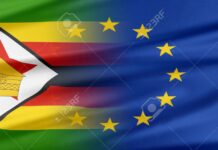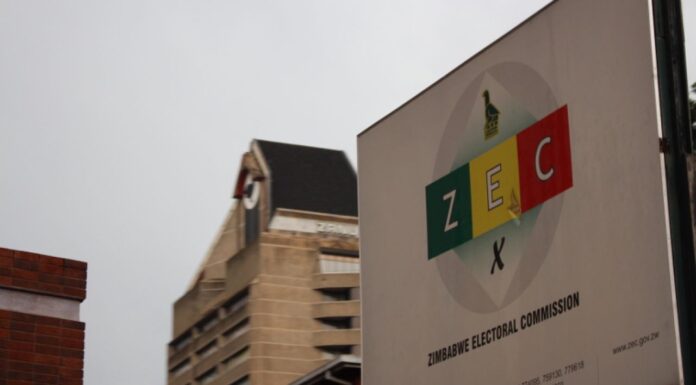FARAI MABEZA
THE International Monetary Fund (IMF) has expressed concern at the slow pace of political reforms by the government saying this was impeding any hopes of having the country’s debt restructured.
IMF representative in Zimbabwe, Patrick Imam, made these remarks at a Public Debt Conference held by the African Forum and Network on Debt and Development (AFRODAD) in collaboration with Zimbabwe Coalition on Debt and Development (ZIMCODD) in Harare.
Zimbabwe’s total debt stands at about US$16.8 billion. International Financial Institutions (IFIs) have demanded that it settles its arrears will all IFIs before it can borrow any new money.
The country has been accumulating external debt arrears since 2000.
The IMF admits that Zimbabwe’s debt will need to be restructured but says this cannot be done in the absence of the requisite political reforms.
“The international community has made it very clear that Zimbabwe has to do two things to get to the debt rescheduling side. One is that it has to do economic reforms which are being supported by the IMF. The other thing which it has emphasized is that we need political reforms.
“Now the IMF is not a political institution. For us it does not matter but in the end debt rescheduling is a political decision whether in Berlin, whether in Tokyo, whether in London, rescheduling the debt of Zimbabwe is a political decision. And they want to see that they help the country and therefore insist on seeing political reforms and economic reforms move simultaneously,” Imam said.
He said one of the essential reforms would be the alignment of laws with the country’s constitution.
“The perception they (IMF member countries) have is that Zimbabwe has started the economic reform path but has not sufficiently moved on political reforms. What this means is aligning laws to the Constitution.
“As long as the political reforms don’t move at the same time with economic reforms we will not have the debt rescheduling. Therefore we will unfortunately have to be on our own until we move on both sides,” Imam said.
In sub-Saharan African, according to the IMF, public debt continued to rise despite growth experienced over the past two decades. According to the IMF Regional Economic Outlook for Sub-Saharan Africa, out of the 35 low-income countries (LICs) in sub-Saharan Africa, eight are considered to be in “debt distress,” implying that they are unable to service external commitments.
These are Sudan, South Sudan, Gambia, Mozambique, Zimbabwe, Somalia, Eritrea, and Sao Tome and Principe. Fifteen others in sub-Saharan Africa are classified as being at “high risk of debt distress”. These are Sierra Leone, Angola, Namibia, Gabon, Burundi, Cameroon, Cape Verde, Central Africa Republic, Djibouti, Ethiopia, Ghana, Mauritania, Zambia, Seychelles and Chad.












